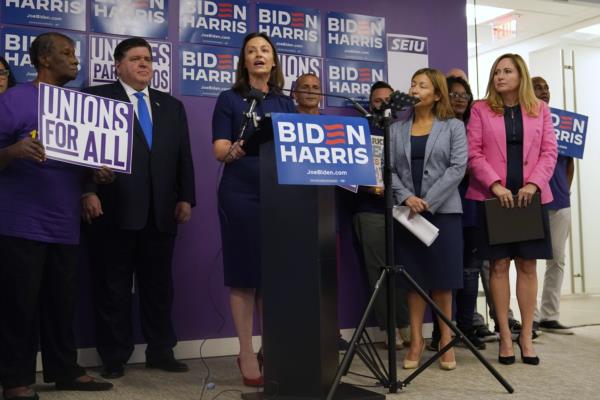
In a dramatic turn of events, the California State Capitol in Sacramento was temporarily shut down on [date] as protesters rallied against the Israeli military's actions, calling for justice and peace. Demonstrators disrupted the legislative session, demanding that politicians take a stand and cease supporting what they referred to as a 'genocide' funded by the United States government. Although the protest drew attention to the plight of the Palestinian people, opinions remain divided regarding the methods employed by the demonstrators.
The rally took place within the confines of a state Capitol predominantly controlled by Democrats. Notably, there has been a lack of official response from prominent figures, such as the Governor, Speaker of the Assembly, or Senate Pro Tem. Critics argue that this silence may inadvertently condone the protesters' actions, projecting a message that such disruptions are within the realm of democratic expression.
Protesters gained entry and occupied the State Capitol building for several hours, causing considerable disruption. Lights were switched off, evoking comparisons to historical events such as the Panamanian invasion in 1989. The occupation had a significant impact on the Assembly session, with lawmakers unable to conduct regular business during the occupation.
The incident has sparked debates about the nature of the protest itself, with contrasting opinions emerging. Critics denounce the actions as a blatant act of insurrection, highlighting the similarities to the events at the United States Capitol on January 6th. They argue that any attack on democratic institutions, regardless of political motivations, should be condemned unanimously.
Supporters of the demonstration, however, maintain that it was a courageous act intended to draw attention to the ongoing conflict in the Middle East. They argue that all avenues of peaceful protest have been exhausted, leading to a desperate need for direct action. While acknowledging the disruption caused, supporters contend that it was a necessary sacrifice to highlight the plight of the Palestinian people.
Public sentiment on the incident remains divided, reflecting the larger societal debate surrounding the Israeli-Palestinian conflict. The polarizing nature of this issue makes it challenging to find a common ground among different ideological perspectives.
As the protests die down and the legislative session resumes, the incident at the California State Capitol serves as a stark reminder of the deep-rooted divisions and emotions surrounding international conflicts. It also poses important questions about the boundaries of peaceful protest, the responsibilities of political leaders, and the complex role of media in shaping public opinion.
Moving forward, it is hoped that constructive dialogues and peaceful engagements can help bridge these divides and encourage a more nuanced understanding of the challenges faced by different communities around the world.







